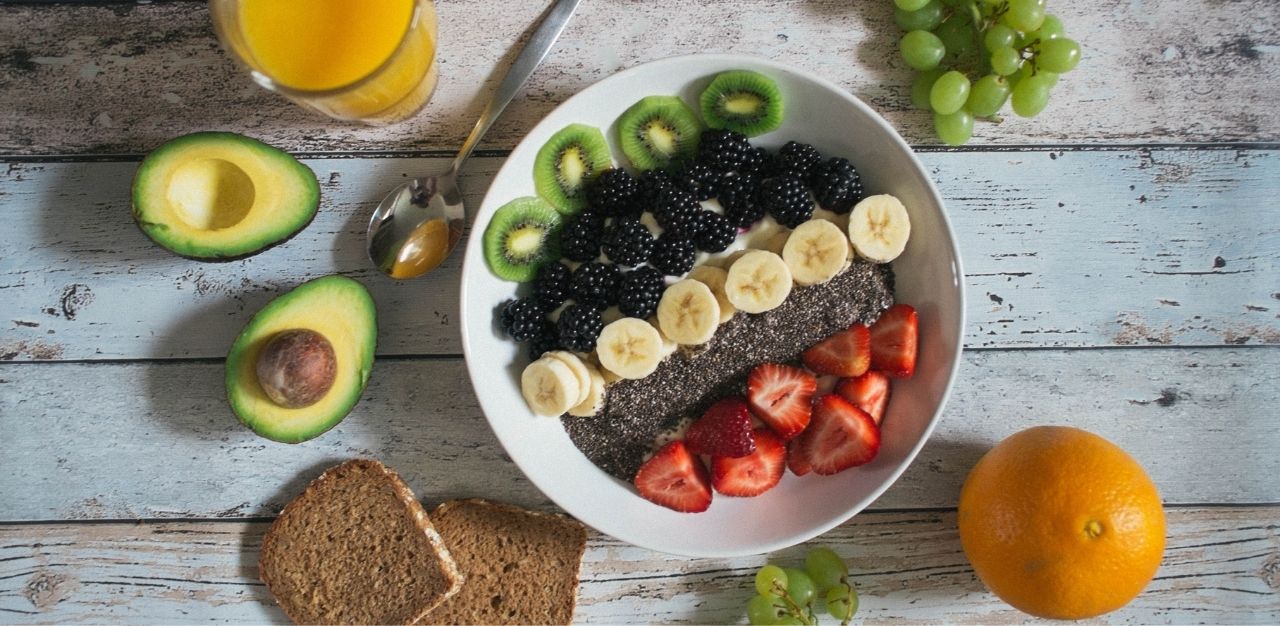Veganism; it’s become a pretty big trend lately. Many vegans advocate adopting a plant-based diet for many reasons such as protecting the environment or protesting against animal cruelty. Experts have also shown that veganism can be a tool that can help to prevent or control many health issues, like heart disease, cancer, and diabetes.
That’s not all. Veganism has also evolved in recent years with meat substitutes like Impossible entering the market. Many have shown that going vegan doesn’t necessarily involve limiting one’s diet to fruits and vegetables. There are vegan treats as well, in the form of fast food, baked goods, and desserts, showing that the vegan lifestyle doesn’t mean missing out on taste.
Have I ever considered going vegan?
To be honest, no. I was on a pescatarian diet for a few years, which was the result of watching a documentary about how pigs and chickens were slaughtered for their meat. But alas, I resumed my meat-eating habits as the shock of the documentary’s footage eventually wore off. I’ve never considered altering my eating habits since then, save for dieting and watching my caloric intake.
The idea of veganism popped up again when I heard about the Singapore Vegan Festival by EatRoamLive, which took place last weekend. I briefly went through the list of online workshops, and one of them piqued my interest. It was about whether one’s diet had an influence over one’s mental health. So, I signed up.
Workshop: Can Diet Influence our Mental Health?
The workshop was hosted by vegan chef Anna Wojtkowska, founder of LivingveggiebyAnia, a website that promotes healthy eating and a plant-based diet.
Anna shared about how the brain and gut are interconnected, and thus our diet impacts both our physical and mental health. Through nutritional psychiatry, experts have discovered that antioxidants, omega 3 acids, and vitamin B12 are beneficial for brain health, which impacts our mental health.
Additionally, because the brain is an organ that is sensitive to oxygen, there is an increased need to protect it from inflammation and oxidative stress. Researchers have found that people diagnosed with bipolar disorder generally have a higher level of oxidative stress in their brains, while individuals with depression have more inflammation.
Thankfully, these things can be alleviated with the consumption of fresh produce, soy products, as well as nuts and seeds.
Another interesting point that Anna brought up was that there is no “magic pill” or magic food that can cure all mental disorders, but rather, these things are to be combined together with medication and other forms of mental health treatment, such as therapy.
Do vegans really have better mental health?
Will giving up animal products really improve my mental health drastically? I decided to do a quick Google search to see what the internet had to say. I was in for a surprise. There was a research study published earlier this year, claiming that meat eaters tend to have better mental health.
The study reviewed 18 studies that examined the relationship between mental health and eating meat, which involved a total of 160,257 participants. They found that vegetarians and vegans had ‘significantly’ higher rates or risk of depression, anxiety, and self harm.
Despite the results, however, the researchers have clarified that the study did not claim that abstaining from meat leads to mental health issues, or that a vegetarian diet can make one’s depression or anxiety better. Rather, the findings could be attributed to a couple of factors, such as individuals choosing to go vegan in a bid to improve their mental health, or that people who are sensitive to ethical issues may be more likely to be both depressed and vegetarian.
Dr. Edward Archer, a co-author of the study, has also reiterated that “there are many other factors and components to health than what you eat… [therefore] it’s important to consider the information, but also take it (and other nutritional research) with a grain of salt.”
His advice? “Eat a varied diet, enjoy it, exercise, and repeat daily, I think that’s the most important point.”
What did I learn?
As someone who is diagnosed with depression, reading claims from both sides of the coin is definitely interesting. I’m glad to know that food intake can help with my symptoms, and it’s comforting to know that my efforts towards watching my diet aren’t completely just for physical appearance and health.
Throughout my experience with mental health treatment, most of my doctors and therapists have briefly brought up the importance of exercise and diet — but it was never the focal point of my treatment.
So, will I consider going vegan? Not really — I’m not much of a carnivore, but I still enjoy my animal products (not gonna give up my sashimi and dairy). I’m definitely more inclined to follow Dr Archer’s advice of having a balanced diet and regular exercise, but I’ll definitely be making a more concerted effort to eat more of the good stuff.
Join the conversations on THG’s Facebook and Instagram, and get the latest updates via Telegram.




























